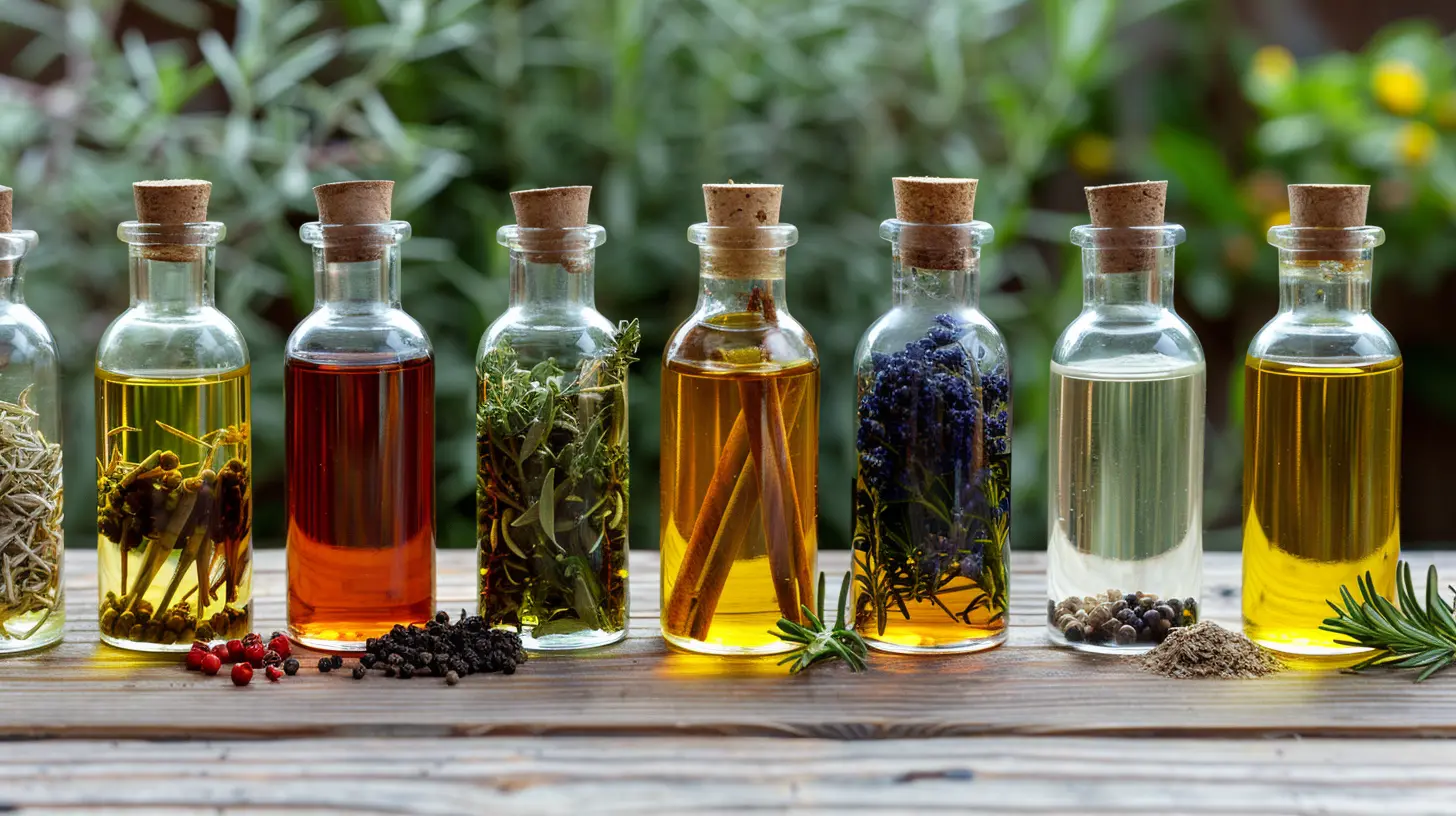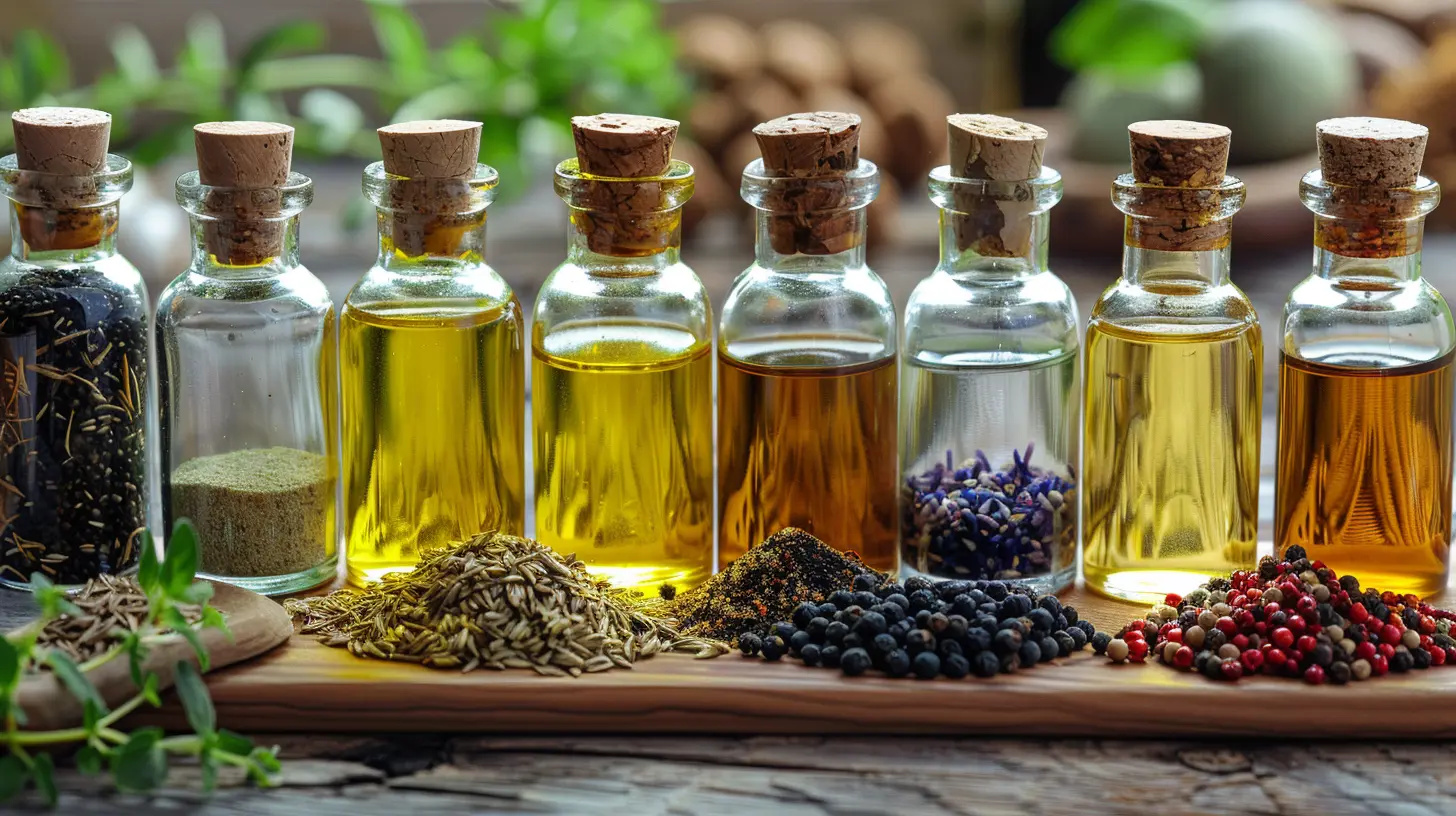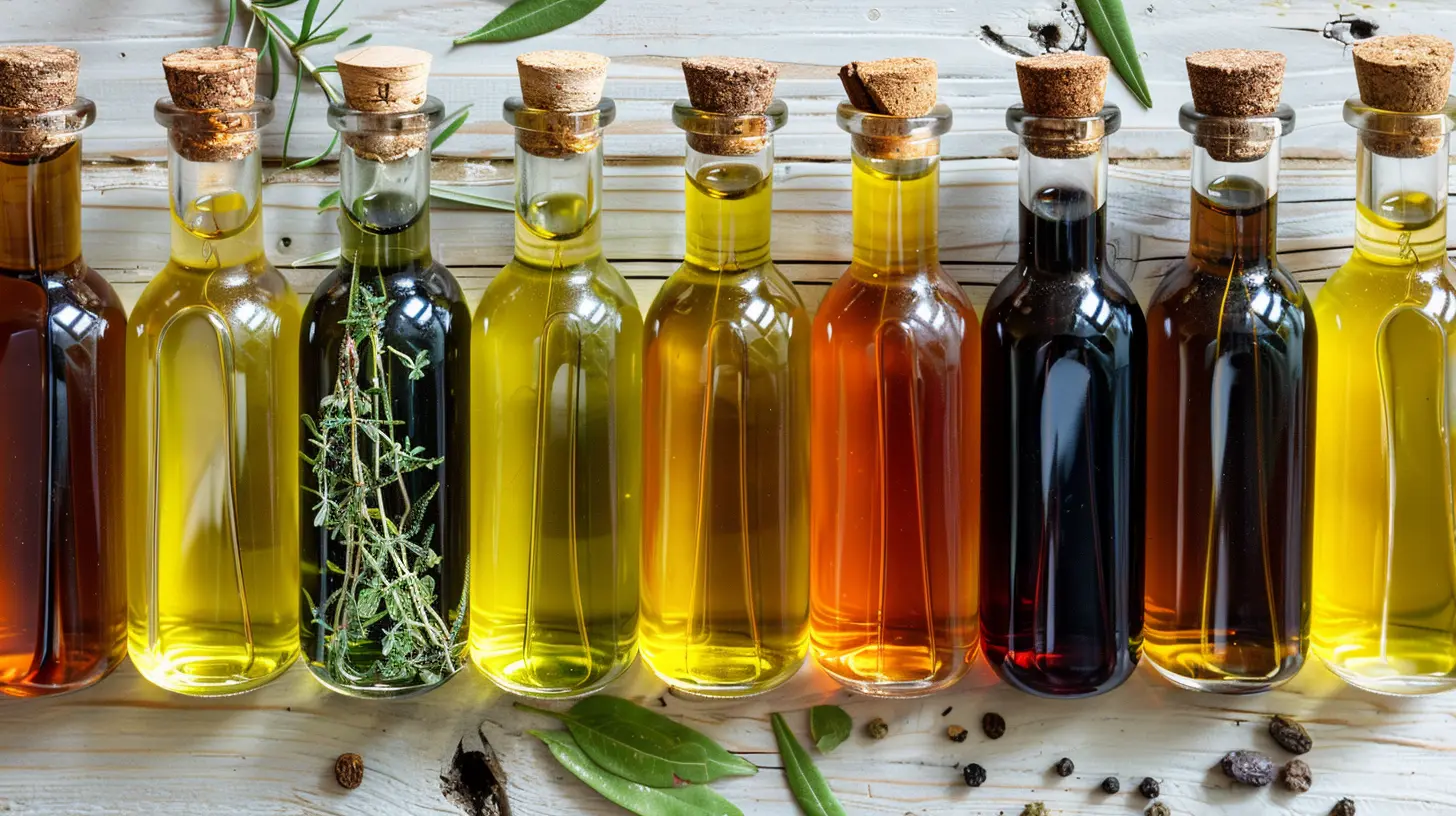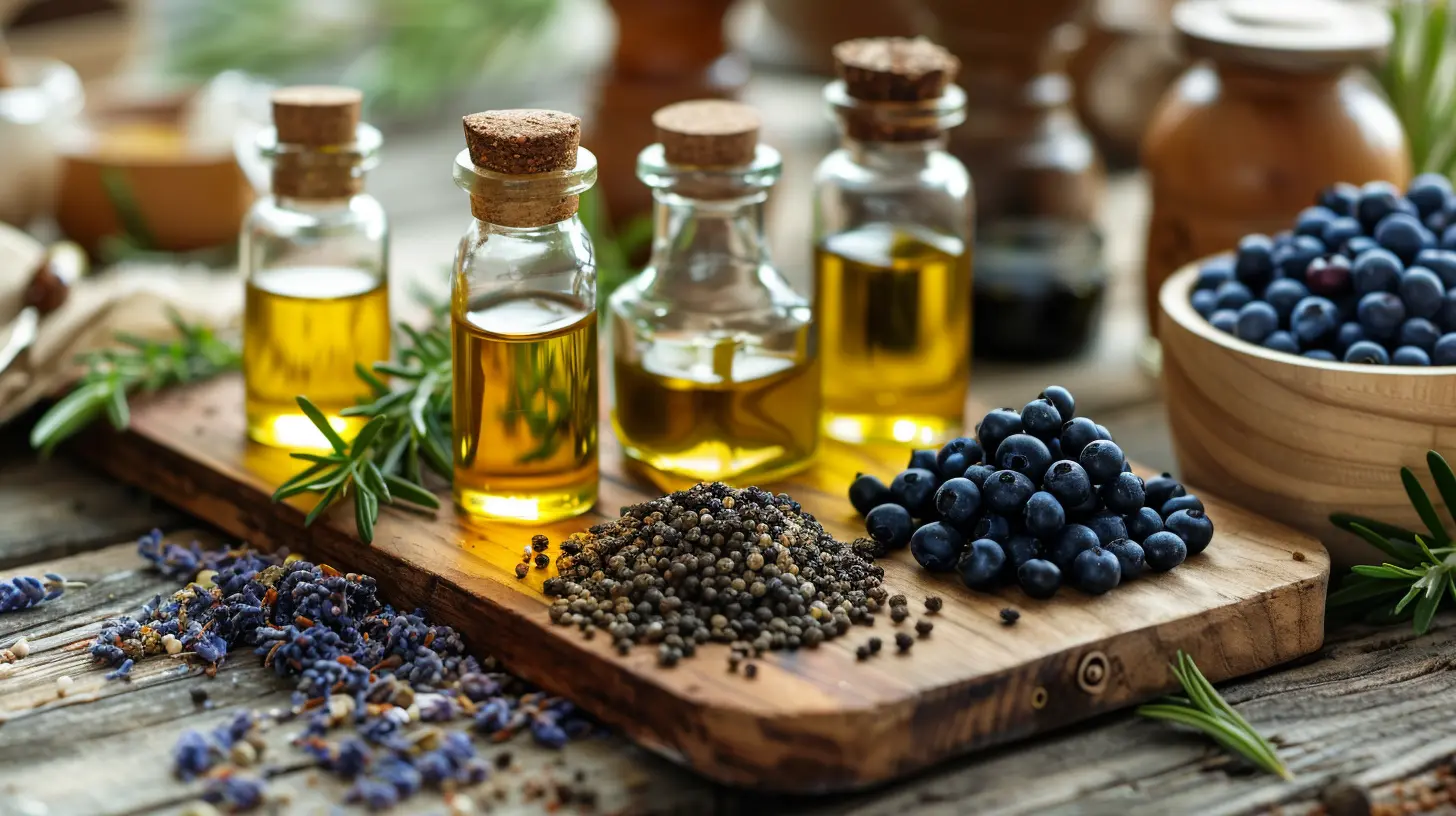The Best Paleo-Approved Oils for Cooking
6 July 2025
The Paleo diet is all about going back to our ancestral roots—eating whole, unprocessed foods that our hunter-gatherer ancestors would have consumed. This means no refined sugars, processed grains, or artificial additives. But what about cooking oils? Not all fats are created equal, and some are far better suited for a Paleo lifestyle than others.
If you’re wondering which oils are Paleo-approved and the best for cooking, you’re in the right place. Let’s break it down and find the healthiest options for your kitchen.

Why Choosing the Right Oils Matters
Fats play an essential role in our diet—they help absorb fat-soluble vitamins, support brain function, and provide a steady source of energy. But the type of fat you consume can make a huge difference.Many modern cooking oils—like vegetable, soybean, and canola oil—are highly processed, contain harmful trans fats, and are loaded with inflammatory omega-6 fatty acids. The Paleo diet prioritizes natural, unprocessed fats that nourish the body and support overall health.
With that in mind, let’s dive into the best Paleo-approved oils for cooking.

1. Coconut Oil
Coconut oil is a Paleo staple—and for good reason. It’s rich in saturated fats, particularly medium-chain triglycerides (MCTs), which are quickly absorbed and used for energy.Benefits of Coconut Oil:
- Stable at high temperatures – Perfect for frying, sautéing, and baking.- Supports metabolism – MCTs can boost fat-burning and provide a quick source of energy.
- Antibacterial properties – Contains lauric acid, which helps fight harmful microbes.
Whether you’re cooking eggs, stir-frying veggies, or making Paleo-friendly desserts, coconut oil is a fantastic choice. Just be sure to choose organic, unrefined, cold-pressed coconut oil for the best quality.

2. Avocado Oil
If you’re looking for a versatile and heart-healthy option, avocado oil is a winner. Extracted from the flesh of avocados, this oil is loaded with monounsaturated fats and has a high smoke point, making it great for a variety of cooking methods.Benefits of Avocado Oil:
- High smoke point (up to 520°F) – Great for grilling, roasting, and frying.- Rich in oleic acid – A heart-healthy monounsaturated fat that may reduce inflammation.
- Packed with antioxidants – Contains lutein, which supports eye health.
Avocado oil has a mild, buttery flavor, making it a fantastic all-purpose oil for cooking and drizzling over salads.

3. Extra Virgin Olive Oil
Olive oil is one of the most ancient and revered fats in human history—and it’s 100% Paleo-approved. It’s rich in antioxidants and healthy monounsaturated fats, which support heart health and reduce inflammation.Benefits of Extra Virgin Olive Oil:
- Anti-inflammatory properties – Contains polyphenols that help fight oxidative stress.- Heart-healthy fats – High in oleic acid, which may help lower cholesterol levels.
- Pairs well with salads and low-heat cooking – Best used raw or for light sautéing.
One key thing to remember: only use extra virgin olive oil (EVOO). Refined or light olive oils undergo processing that strips away nutrients. Also, while EVOO is fine for low-heat cooking, it’s not ideal for high-temperature frying.
4. Animal Fats (Tallow, Lard, Duck Fat)
Our ancestors didn’t shy away from animal fats, and neither should we. Tallow (rendered beef fat), lard (rendered pork fat), and duck fat are nutrient-dense and perfect for Paleo cooking.Benefits of Animal Fats:
- High in saturated fats – Stable for cooking at high temperatures.- Rich in fat-soluble vitamins – Especially if sourced from pasture-raised animals.
- Deep, savory flavor – Enhances the taste of dishes like roasted vegetables and meats.
Just make sure you’re sourcing these fats from grass-fed or pasture-raised animals to maximize their health benefits.
5. Ghee (Clarified Butter)
If you love butter but follow a strict Paleo diet that avoids dairy, ghee is the perfect compromise. It’s made by simmering butter to remove the milk solids, leaving behind pure butterfat.Benefits of Ghee:
- Lactose and casein-free – Safe for those with dairy sensitivities.- Stable at high temperatures – Ideal for frying, sautéing, and even baking.
- Rich, nutty flavor – Adds depth to dishes without overpowering them.
Like with animal fats, it’s best to choose grass-fed ghee for a better nutrient profile and superior flavor.
6. Macadamia Nut Oil
Macadamia nut oil is an underrated gem in the world of Paleo cooking oils. It boasts an impressive omega-3 to omega-6 ratio, making it one of the healthiest nut-based oils available.Benefits of Macadamia Nut Oil:
- Mild, buttery taste – Works well in dressings, marinades, and sautés.- Rich in monounsaturated fats – Similar to olive oil, promoting heart health.
- Contains antioxidants – Helps fight oxidative stress in the body.
Due to its delicate nature, macadamia nut oil is best used for low-heat cooking or drizzled over freshly cooked dishes.
7. Walnut Oil (For Drizzling)
While walnut oil isn’t ideal for cooking due to its low smoke point, it’s fantastic for cold applications like salad dressings and finishing drizzles. It’s high in anti-inflammatory omega-3 fatty acids, which support brain and heart health.Benefits of Walnut Oil:
- Rich in alpha-linolenic acid (ALA) – A plant-based omega-3 that supports heart health.- Delicate, nutty flavor – Great for salads, dips, and sauces.
- Boosts brain function – Omega-3s are essential for cognitive health.
For best results, store walnut oil in the refrigerator to prevent it from going rancid.
Oils to Avoid
While we’ve covered the best Paleo-approved oils, it’s just as important to avoid processed and unhealthy fats. Here are some oils you should keep out of your kitchen:- Vegetable oils (soybean, corn, canola, sunflower, safflower, peanut) – Highly processed and high in inflammatory omega-6 fats.
- Margarine and hydrogenated oils – Loaded with trans fats that contribute to heart disease.
- Grapeseed oil and rice bran oil – Often marketed as "healthy" but are high in omega-6 polyunsaturated fats, which can promote inflammation.
Final Thoughts: Choosing the Right Paleo Cooking Oil
When following a Paleo lifestyle, quality matters. Prioritize oils that are unrefined, minimally processed, and sourced from whole, natural foods. Whether you’re frying up a steak in tallow, sautéing veggies in avocado oil, or drizzling walnut oil over a salad, these Paleo-approved fats will keep your meals both delicious and nutritious.So, next time you reach for an oil in your kitchen, ask yourself: Is this something my ancestors would have used? If yes, then you’re on the right track!
all images in this post were generated using AI tools
Category:
Paleo DietAuthor:

Arthur McKeever
Discussion
rate this article
2 comments
Anastasia Scott
Oil you need is love—plus these paleo picks for a sizzlin’ good time!
November 30, 2025 at 4:47 PM

Arthur McKeever
Thanks for the fun comment! Love is definitely key in the kitchen, and these oils will elevate your paleo cooking!
Theodore Tucker
What an intriguing exploration of paleo-friendly oils! I love the focus on healthy fats and their benefits. Excited to learn how these oils can enhance flavor and nutrition in my cooking. Keep sharing!
July 15, 2025 at 2:36 AM

Arthur McKeever
Thank you for your kind words! I'm glad you found the exploration of paleo-friendly oils helpful. Excited for you to try them in your cooking!


